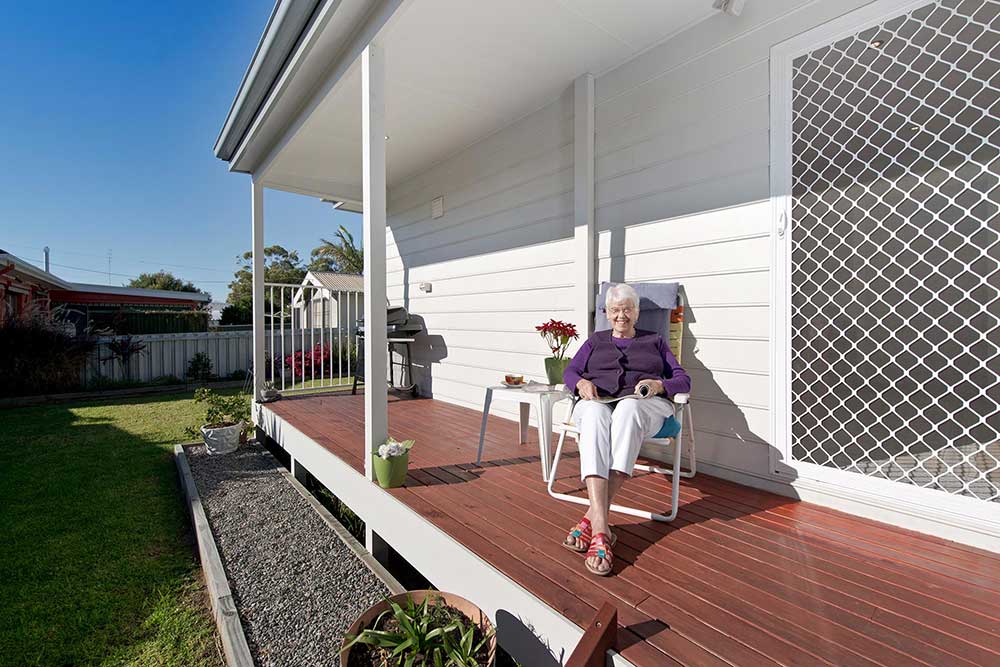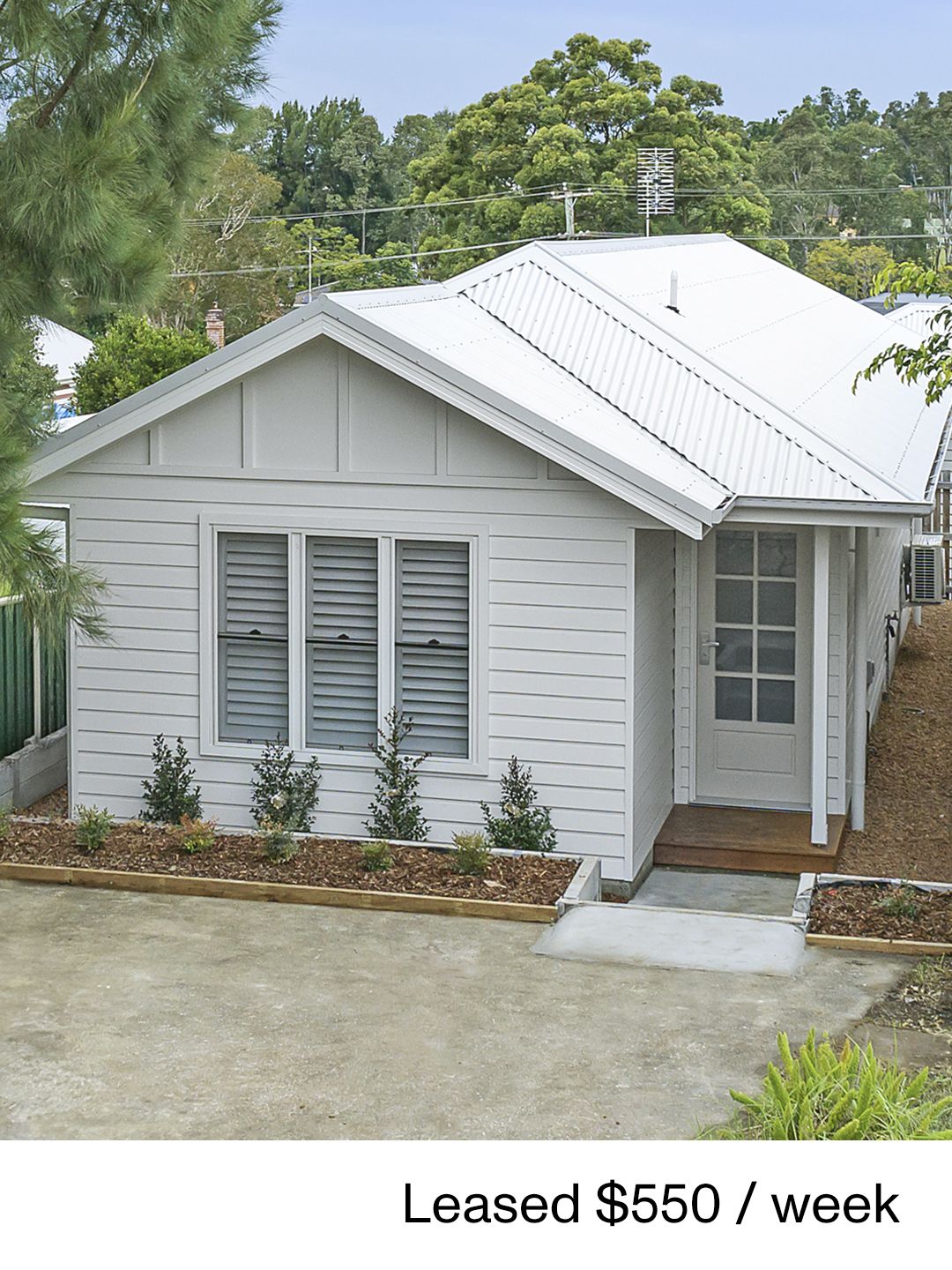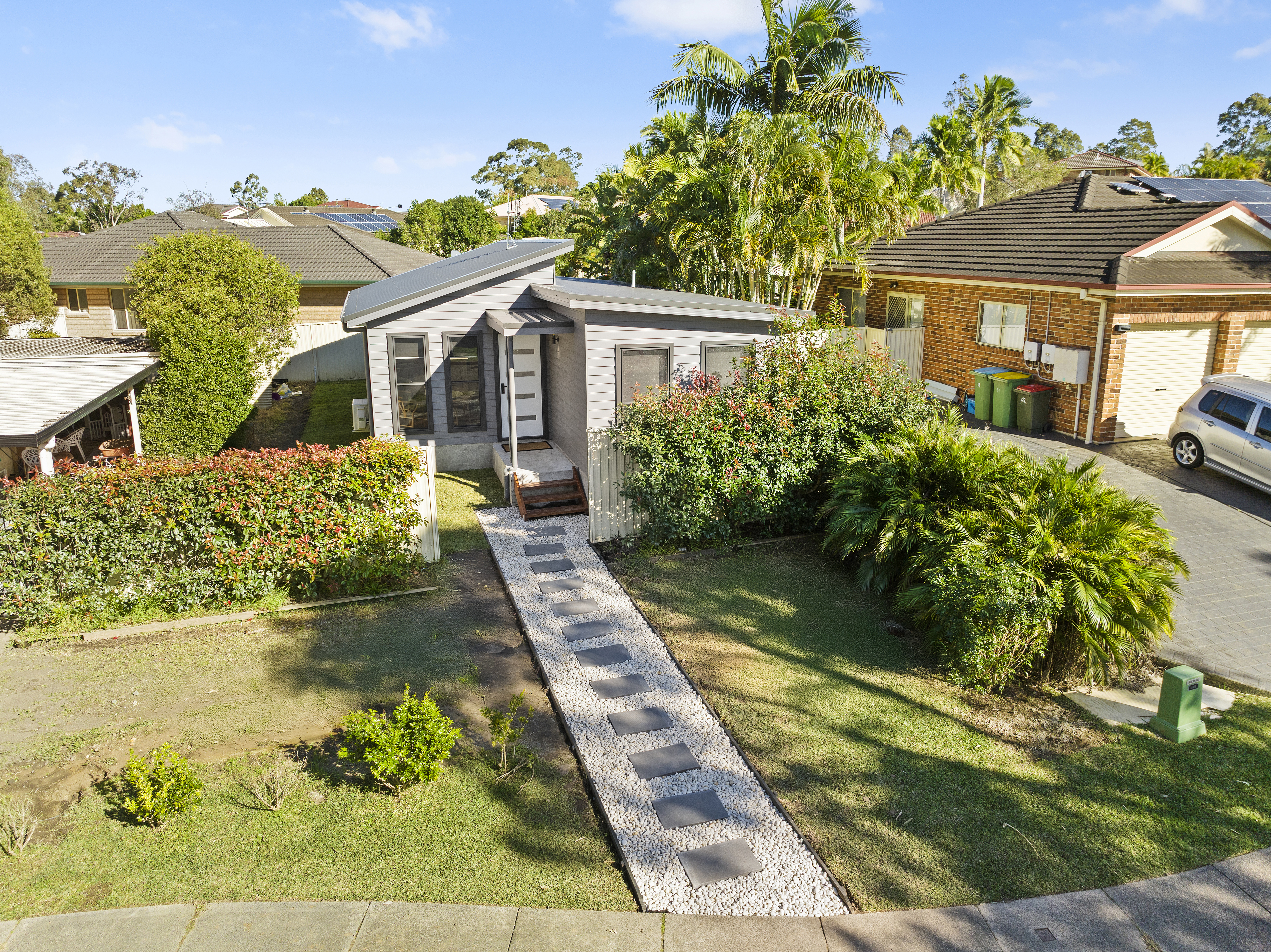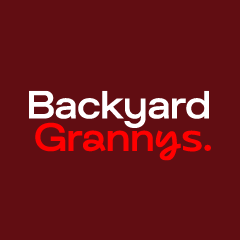How to take advantage of the granny flat Capital Gains Tax exemption in 2021
With a new 2021 measure, CGT will not apply to the creation, variation or termination of a formal written granny flat arrangement for specific families.
The Morrison Government is supporting older and disabled Australians and their families by providing a targeted Capital Gains Tax (CGT) exemption for granny flat arrangements where there is a formal written agreement in place.
On the 5th of October 2020, Josh Frydenberg and Michael Sukkar MP Minister for Housing and Assistant Treasurer announced, removing capital gains tax exemption on ‘granny flats’, in a bid to provide safe accommodation for elderly or disabled Australians and to boost the construction sector.
Key takeaways
- The Australian government offers a Capital Gains Tax (CGT) exemption for granny flats under formal written agreements to support older or disabled Australians.
- This exemption, effective from July 1, 2021, is aimed at promoting safe and affordable accommodation solutions.
- It applies only to non-commercial arrangements entered due to family or personal ties, ensuring family members can provide care without facing financial penalties.
- The measure encourages legal and protected housing arrangements, reducing risks like financial abuse.

Key Points
- The Government will provide a targeted capital gains tax(CGT) exemption for granny flat arrangements where there is a formal written agreement.
- The measure will commence as early as 1 July 2021 subject to the passing of legislation.
- This change will only apply to agreements that are entered into because of family relationships or other personal ties and will not apply to commercial rental arrangements.
What we know about the Granny Flat Capital Gains Tax exemption
When faced with a potentially significant CGT liability, families may opt for informal arrangements which can leave open the risk of financial abuse and exploitation, for example following a family or relationship breakdown.
Under the measure, CGT will not apply to the creation, variation or termination of a formal written granny flat arrangement providing accommodation for older Australians or people with disabilities.
The measure will commence as early as 1 July 2021 subject to the passing of legislation.
This change will only apply to agreements that are entered into because of family relationships or other personal ties and will not apply to commercial rental arrangements.

Who will the granny flat capital gains tax exemption benefit?
Currently, there are around 3.9 million pensioners and around 4 million Australians with a disability who would be eligible for this granny flat capital gains tax exemption under this change.
Ultimately, those looking to bring grandma and grandpa “older Australians” closer to home or families looking to give a family member with a disability some independence will be the big benefices of the granny flat capital gains tax exemption.
Who are older Australians?
If you or someone you know is over 65 years of age, then generally, the government will classify them as ‘older’ for ABS purposes.
The idea of someone being an ‘older’ person is a relative concept—chronologically, medically and culturally. It does not have a precise definition and specific ages may be used for particular purposes.
For example, the Australian Bureau of Statistics (ABS) groups people into population age cohorts, and differentiates between ‘15–64’, ‘65 years and over’ and ‘85 years and over.

Who are Australians with a disability?
The Australian Public Services Commission defines that persons are considered to have a disability if they have a limitation, restriction or impairment, which has lasted, or is likely to last, for at least six months and restricts everyday activities.
Sensory
- loss of sight (not corrected by glasses or contact lenses)
- loss of hearing where communication is restricted, or an aid to assist with, or substitute for, hearing is used
- speech difficulties.
Intellectual
- difficulty learning or understanding things.
Physical
- shortness of breath or breathing difficulties that restrict everyday activities
- blackouts, seizures or loss of consciousness
- chronic or recurrent pain or discomfort that restricts everyday activities
- incomplete use of arms or fingers
- difficulty gripping or holding things
- incomplete use of feet or legs
- restriction in physical activities or in doing physical work
- disfigurement or deformity.
Psychosocial
- nervous or emotional condition that restricts everyday activities
- mental illness or condition requiring help or supervision
- memory problems or periods of confusion that restrict everyday activities
- social or behavioural difficulties that restrict everyday activities.
Head injury, stroke or acquired brain injury
- head injury, stroke or other acquired brain injury, with long-term effects that restrict everyday activities.
Other
- receiving treatment or medication for any other long-term conditions or ailments and still restricted in everyday activities
- any other long-term conditions resulting in a restriction in everyday activities.
What is Capital Gains Tax?
If you sell a capital asset, such as real estate or shares, you usually make a capital gain or a capital loss. This is the difference between what it cost you to acquire the asset and what you receive when you dispose of it.
You need to report capital gains and losses in your income tax return and pay tax on your capital gains. Although it’s referred to as capital gains tax (CGT), this is actually part of your income tax, not a separate tax.
When you make a capital gain, it is added to your assessable income and may significantly increase the tax you need to pay. As tax is not withheld for capital gains, you may want to work out how much tax you will owe and set aside sufficient funds to cover the relevant amount.
If you make a capital loss, you can’t claim it against your other income but you can use it to reduce a capital gain.
All assets you’ve acquired since tax on capital gains started (on 20 September 1985) are subject to CGT unless specifically excluded.
- Most personal assets are exempt from CGT, including your home, car and personal use assets such as furniture.
- CGT also doesn’t apply to depreciating assets used solely for taxable purposes, such as business equipment or fittings in a rental property.
The point at which you make a capital gain or loss is usually when you enter into the contract for disposal, not when you settle. So if you sign a contract to sell an investment property in June 2017, and settle in August 2017, you need to report the capital gain or loss in your 2016–17 tax return.
If you’re an Australian resident, CGT applies to your assets anywhere in the world. For Norfolk Island residents, CGT applies to assets acquired from 23 October 2015. Foreign residents make a capital gain or loss if a CGT event happens to an asset that is ‘taxable Australian property’.
The Government will provide a targeted capital gains tax(CGT) exemption for granny flat arrangements where there is a formal written agreement.
The exemption will apply to arrangements with older Australians or those with a disability.
Ready for your own granny flat? Learn more about building a granny flat investment property.
Got a question for us?
Don't hesitate to get in touch.Related resources

Keeping family close: building a granny flat for ageing parents
Discover how building a granny flat for ageing parents can keep family close, provide independence, and add value to your property. Learn more with Backyard Grannys.
General tips Read more
How to earn rental income from a granny flat in NSW
If you’re thinking about renting out your granny flat in NSW, here’s a clear, step-by-step guide to help you get started.
Investment Read more
Top 10 mistakes to avoid when planning your granny flat
Planning a granny flat? Avoid costly mistakes with our guide to the top 10 things to consider before you build. Expert tips for design, approvals, and building in NSW.
General tips Read more
-21.jpg)
